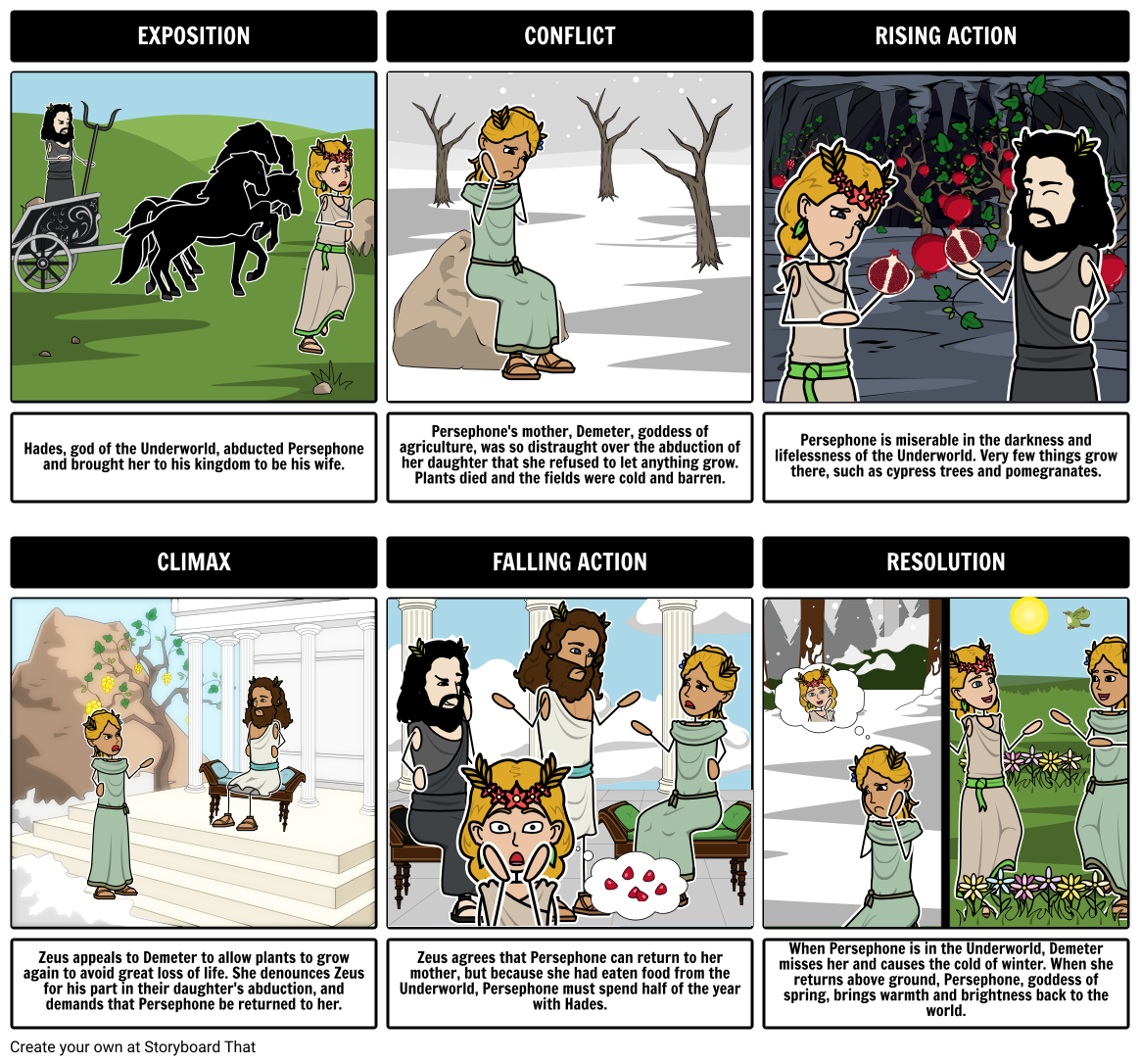
According to Haley, Medea “resists the cultural norms that inscribe child-bearing as the only raison d'être of female existence. Medea is not willing to give Jason the freedom to start a relationship with another woman, and she negotiates asylum on her own terms with the king of Athens. Haley sees Medea’s actions as a way to assert her individuality in the face of Greek societal expectations. Classical scholar and Black feminist intellectual Shelley Haley stresses that Medea is proud, a characteristic that is viewed as typically masculine in Greek culture. Medea, as a foreign princess in the Greek city of Corinth, a powerful sorceress, and a Black individual, is marginalized in multiple ways. Painting on a bowl of Medea fleeing in a chariot pulled by dragons. Medea makes her husband, Jason, pay the ultimate price for deserting her – she kills their children. She seizes power in his kingdom of Mycenae while Agamemnon is still at war, and when he returns, she murders him in cold blood. Clytemnestra punishes her husband, Agamemnon, for sacrificing their daughter Iphigenia at the beginning of the Trojan War. … In fact, it is the unquestionable mess that women make of power that justifies their exclusion from it in real life.”īeard uses the stories of Clytemnestra and Medea, among others, to illustrate her point. They take it illegitimately, in a way that leads to the fracture of the state, to death and destruction. Therefore, Beard explains, “ are, for the most part, portrayed as abusers rather than users of power.

She argues that the Western definition of power applies intrinsically to males. Greek culture, however, was suspicious of strong-willed women and portrayed them as villains.Ĭlassical scholar Mary Beard explains that women are characterized in this way by male writers to justify women’s exclusion from power. From Le Musée absolu, Phaidon, via Wikimedia Commons Mortal women Mural with Hades abducting Persephone in a chariot. As the king of the gods, Zeus is forever afraid of his wife Hera, who exacts vengeance for all his transgressions, especially his innumerable affairs. But history repeats itself, and the new leader of the gods again fears that his wife may plot to overthrow him. Rhea then hides her child, the god Zeus, who grows up and throws his father down into the depths of the Underworld. She gives Kronos a stone wrapped in a blanket to trick him into thinking that he is going to devour this baby as well.

Once Kronos comes to power, however, he becomes afraid of being dethroned by his children, so he swallows all the babies his wife Rhea gives birth to. She orders her son Kronos to castrate his father and take his throne. Gaia, the Earth goddess, rebels against her husband Ouranos, the Sky, who smothers her and refuses to let her children be free. Museo Nacional del Prado, Madridįemale rebellion is at the heart of the Greek story about the creation of the world. A painting by Francisco José de Goya y Lucientes.


 0 kommentar(er)
0 kommentar(er)
